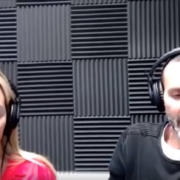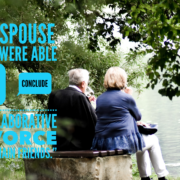Family Diplomacy Opens St. Petersburg Office
Family Diplomacy: A Collaborative Law Firm proudly announces the opening of an office in the heart of Downtown St. Petersburg. We do so on June 1, 2020, as we celebrate the tenth anniversary of our firm and the fifth anniversary of our dedication to resolve family disputes exclusively out of court.
Saint Petersburg Family Law Office
 Our new office is located at 475 Central Avenue, Suite 205, St. Petersburg, Florida 33701. We are in the historic S.H. Kress & Co. Building, situated on the corner of Central Avenue and 5th Street South. The Kress building was built in 1927, influenced by the Beaux-Arts movement, and served as a five and dime store until 1981. The building is located within the Downtown St. Petersburg Historic District, and it was added to the National Register of Historic Places on October 1, 2001.
Our new office is located at 475 Central Avenue, Suite 205, St. Petersburg, Florida 33701. We are in the historic S.H. Kress & Co. Building, situated on the corner of Central Avenue and 5th Street South. The Kress building was built in 1927, influenced by the Beaux-Arts movement, and served as a five and dime store until 1981. The building is located within the Downtown St. Petersburg Historic District, and it was added to the National Register of Historic Places on October 1, 2001.
We also maintain our office in Downtown Tampa, located at 412 E. Madison Street, Suite 824, Tampa, Florida 33602.
Additionally, we are accepting matters throughout Florida. Read more →









 “By coming to an agreement collaboratively, both parents have input into the holiday schedule instead of having a judge telling parents what the holidays will look like,” said Susan Busby, an attorney with the Connecticut Collaborative Divorce Group (CCDG). CCDG is a Hartford-based group of professionals that aims to keep divorcing couples and their children out of court using a method of family conflict resolution called Collaborative Divorce. “In a Collaborative Divorce, the values and traditions of the parents and the children can be honored and not used as leverage between the parents to get something else, which can happen in traditionally litigated divorces. Working out the holiday plan together is better for the children and for parents. Then everyone can relax and enjoy the holidays.”
“By coming to an agreement collaboratively, both parents have input into the holiday schedule instead of having a judge telling parents what the holidays will look like,” said Susan Busby, an attorney with the Connecticut Collaborative Divorce Group (CCDG). CCDG is a Hartford-based group of professionals that aims to keep divorcing couples and their children out of court using a method of family conflict resolution called Collaborative Divorce. “In a Collaborative Divorce, the values and traditions of the parents and the children can be honored and not used as leverage between the parents to get something else, which can happen in traditionally litigated divorces. Working out the holiday plan together is better for the children and for parents. Then everyone can relax and enjoy the holidays.”
